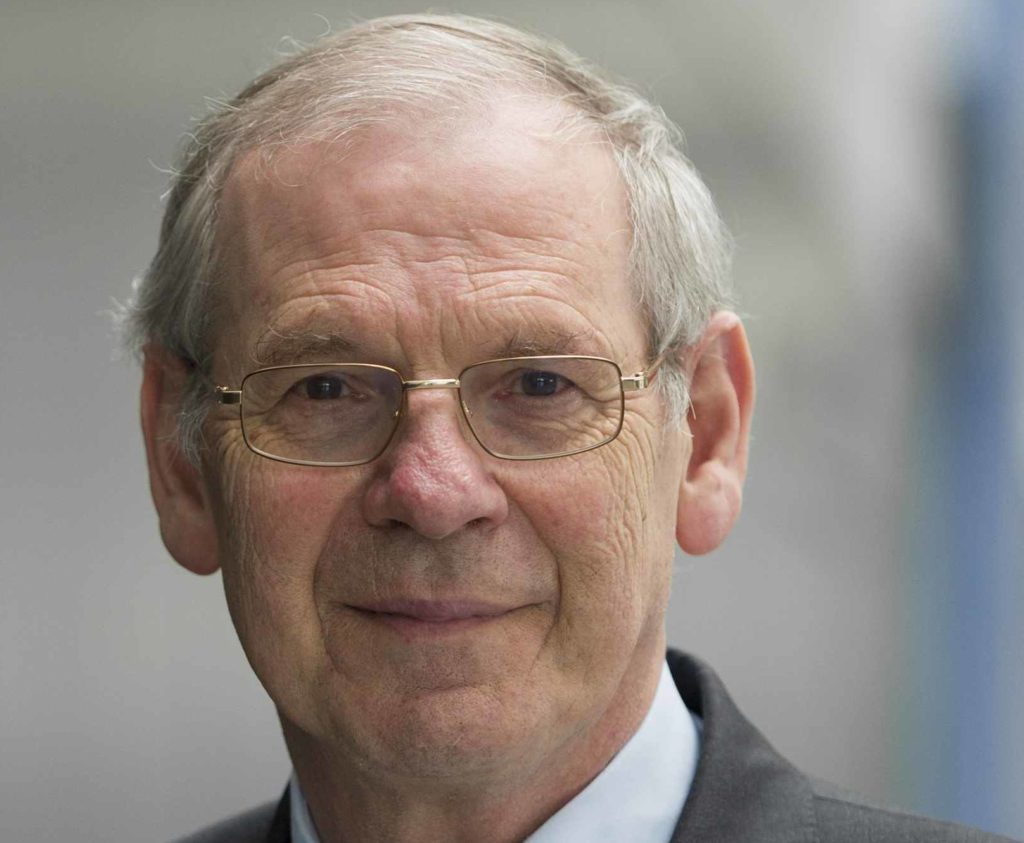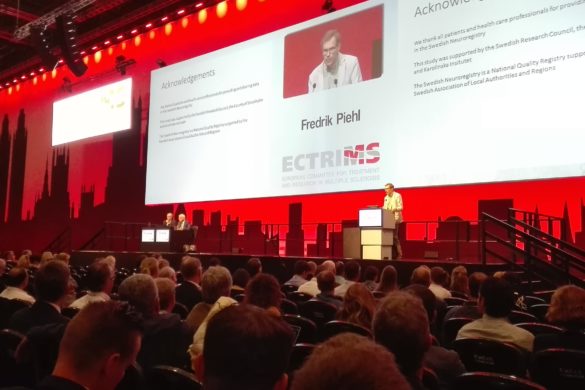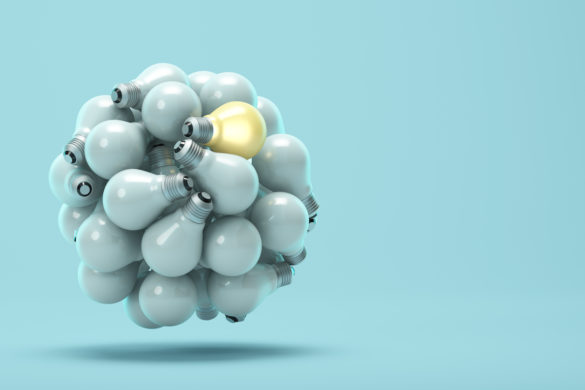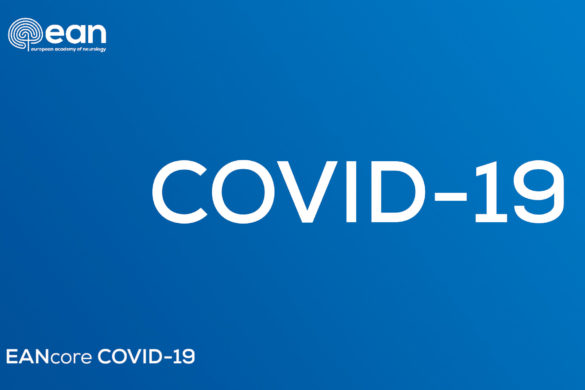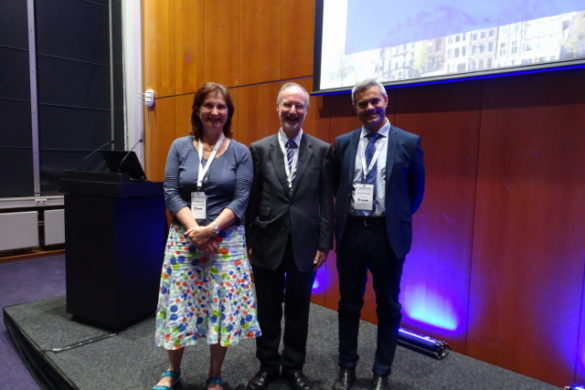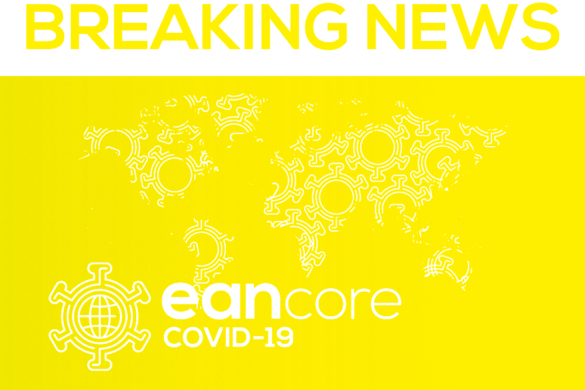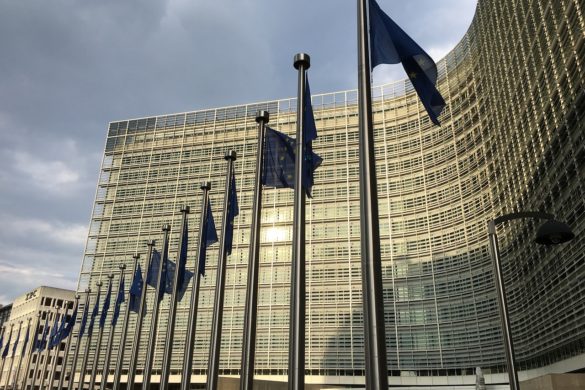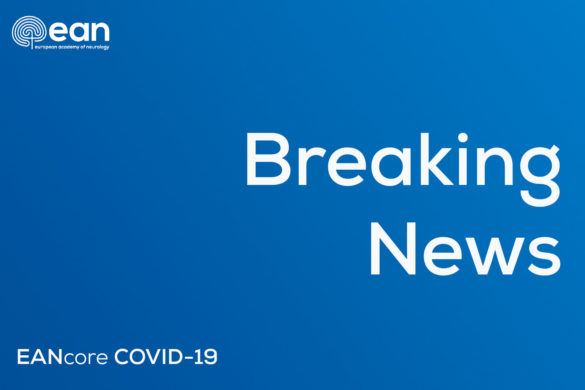by Günther Deuschl
As every year, spring time is high season for preparing for the annual congress – this year the 4th congress of the European Academy of Neurology in Lisbon. It is the annual main event of our Society and we expect around 6000 participants in this special and historically attractive Portuguese capital. The congress has continuously adapted its profile and one of the main goals of our Society is to continuously develop new formats which satisfy the requests of modern neurology and its drivers, the European Neurologists. Our program committee under the leadership of Prof. Boon has excellently realized this request with many new innovations.
Lisbon is the second congress with a ‘theme’. This will be ‘Neurogenetics’ and there is one line of scientific and educational sessions which cover this topic and will altogether update the participants on the current standing of the field. During the opening Prof. Alexandre Quintanilha, Porto, Portugal, an ethicist will set the boundaries with the introduction lecture: ‘Should we concern about ethical limits in neurogenetics?’ There will be a plenary symposium dedicated to genetic therapies, namely spinal muscular atrophy by Prof. Talbot, Friedreichs ataxia by Prof. Pandolfo, familial amyloid neuropathy by Prof. Saravaia and Huntington’s disease by Prof. Burgunder. The diagnostic possibilities of new genetic methods will be covered by a focused workshop on Sunday. The epidemiology, diagnosis and therapeutic aspects of familial amyloidosis will be the topic of another focused workshop. A further case based workshop dealing with genetic therapies is rounding up the topic for the neurologist. The theme is a special focus of the year but the broad spectrum of educational and scientific sessions is equally important.
The other novelty will be a grand rounds session chaired by Jose Ferro. For the first time at our congress real patients will be interviewed and diagnosed on stage by expert clinicians. This is an excellent opportunity to meet leaders in the field and participants can watch them coming from medical history and clinical testing to diagnosis of diseases. We have always tried to bring aspects of daily life of the neurologists to the congress and this is our next move to succeed here.
As always, for the presidential lectures on Sunday we have selected three hot topics and three clinician scientists who outstandingly represent these fields. The Golgi-lecture will cover the relation of degeneration, inflammation and gut microbiota of multiple sclerosis (Hartmut Weckerle, Munich), The Brown-Sequard lecture is dedicated to the development of Alzheimers and dementia (Philip Scheltens, Amsterdam) and the Romberg-lecture will cover newly discovered migraine mechanisms and drug targets (Jes Olesen, Copenhagen).
We thank the ‘residents and research fellows section’ of EAN for having heavily promoted a new session type within the education committee. We therefore can present for the first time the ‘EAN Brain Challenge’ where a local team and an international team of neurologists will solve important diagnostic and therapeutic questions under the guidance of Profs. Antonini, Padua and Vidailhet, Paris.
Lisbon is a wonderful destination and an unreplaceable carrier of European tradition. It is the European capital with the strongest relations to South America. The rich neurological and brain research tradition is maintained by our current Portuguese collegues.
I warmly invite all Neurologists to come and see this flagship event of our Society in one of the most charming capitals of Europe.
Günther Deuschl

